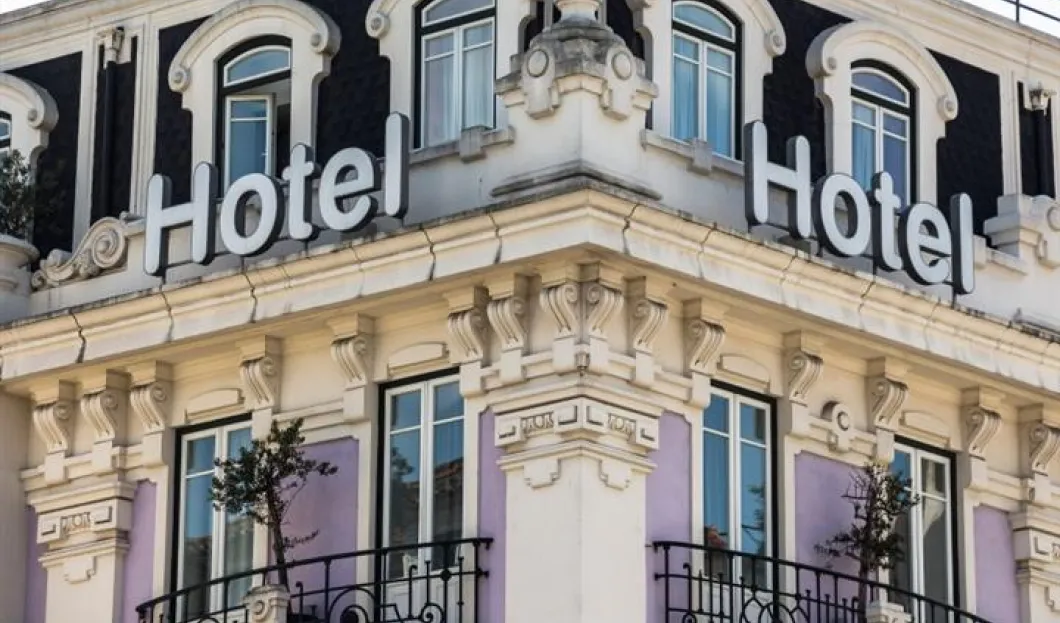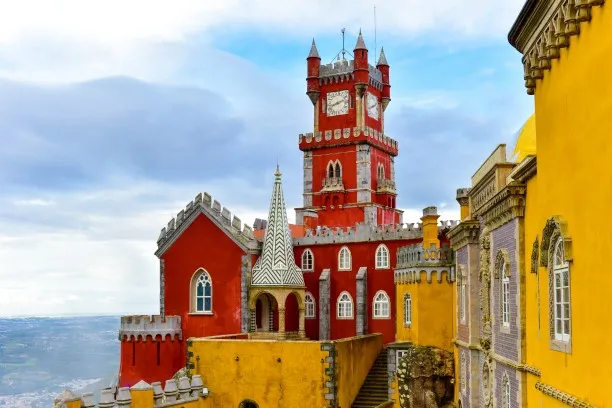
The amount of overnight stays in Portuguese hotels in 2016 increased, the number of guests increased, the occupancy rate increased, the revenues increased. The average wages of the hotel staff, however, dropped.
The alarms went off last week, when the data summarizing Portuguese tourism industry in 2016 were disclosed, confirming that the sector, last year, smashed all the records yet again. The report of the National Statistics Edition (INE) stated that the overnights stays increased, the guests increased, the occupancy rate increased, and the revenues increased as well. Everything increased and the Portuguese tourism achieved one of the best European performances.
And that is precisely what governors, entrepreneurs and international organizations have emphasized. The Secretary of State of Tourism talks about a sector that has been “steadily increasing in value”, the Association of Portuguese Hotels and Caterers (AHRESP) cherished the sector’s “largest employment growth” in the last five years and even the secretary-general of the World Tourism Organization (UNWTO) acknowledged that “what is taking place in Portugal is a story that the rest of the world needs to know”.
However, last year, when the Portuguese hotel industry achieved its highest number of guests ever and earned more than ever before, the sector’s fixed-term employment grew at a faster rate and the average wages decreased in comparison with the figures of 2015.
The national accommodation establishments hosted around 19 million guests (of which more than 11 million were from abroad), corresponding to more than 53.5 million overnight stays. Thus, the number of guests increased by 9.8% compared to 2015, while the overnight stays increased by 9.6%. This growth, for instance, is greater than what Spain was able to achieve, one of Portugal’s major competitors. The Spanish market grew at around 7% in guests and overnight stays, albeit it should be noted that this market’s size is very different, amassing a total of 99 million guests and 330 million overnight stays.
On the other side, Portugal’s tourism revenues increased by 10.7% last year, for a total of 12.68 billion euros. The Portuguese tourists, in turn, spent 3.84 billion abroad, with the tourism balance surpassing the 8.8 billion mark. This means that, in 2016, tourism represented about 68% of the balance of services, whereas the balance of goods and services (which registered in 2016 a balance of about 4 billion) would be a loss-maker without tourism.
However, employment-wise, everyone shares the blame. Last year, the sector that comprises housing, catering and similar activities employed, according to the data provided by the INE, 279.200 workers, an increase of 7.9% compared to the population employed by the same sector in 2015.
Employment has indeed increased. From 2015 to 2016, the sector was able to create more than 20 000 jobs, being responsible for most of the jobs that were globally created last year. However, precarious work is what has been actually increasing, which could be deemed normal in a sector that often hires employees on a fixed-term basis due to its seasonality.
Taking into account only the employees (who represented a total of 215 500 at the end of 2016), the open-ended contracts increased by 7.2%, a total of 139 600 workers. In contrast, fixed-term contracts and “other types of contracts” increased by 13.4% last year, reaching a total of 75 900 workers.
The spike in fixed-term contracts and other types of contracts could be, first and foremost, explained by seasonality, a traditional obstacle in tourism, which makes companies in the sector hire temporary workers only for the summer season, however, the low season of 2016 achieved the highest growth of the whole year. The off-peak season was responsible for an increase of 63% in overnight stays last year.
And, whilst tourism revenues increased by 10% and the hotel industry profits reached a growth of 17%, collecting almost 3 billion euros, the sector’s average wages decreased last year. Still based on the data provided by INE, the average net wage of employees was 614 euros per month, one euro less than the 615 euros registered in 2015. This drop does not mean that the sector’s wages haven been cut; it rather means that those who have just started working in it are earning less, dropping the sector’s average wages.

The situation gets bleaker when tourism is compared to other sectors. Only the sector that encompasses agriculture, livestock production, hunting, forestry and fishing pays less: an average of 593 euros net per month, according to INE.
The gap between tourism and the other sectors is even more blatantly obvious when considering the ratio of workers who earn the minimum wage. Based on the most recent survey on earnings and working time carried out by the Ministry of Labor, Solidary and Social Security, of April 2016, 35.9% of the population employed by the tourism sector earns the minimum wage, the country’s second-largest ratio, just behind administrative activities and support services.
Those who work in tourism are not only the ones who earn less, but they are the ones who work the longest. At the end of April last year, the paid working hours per week were 39.2 hours. Only those who work in manufacturing, transportation and storage work more than that.










